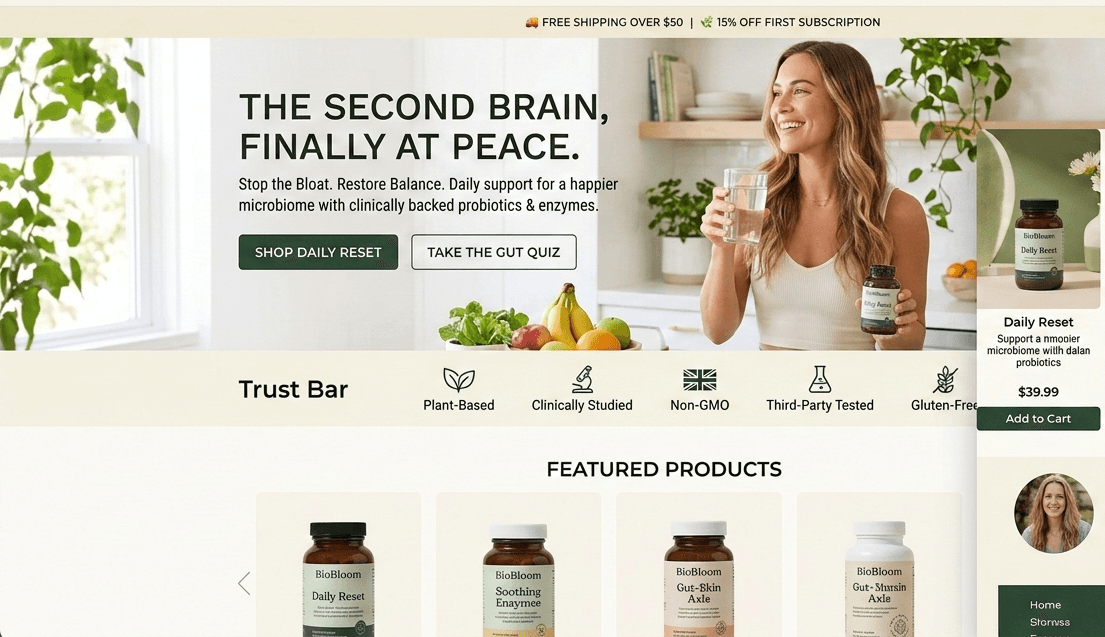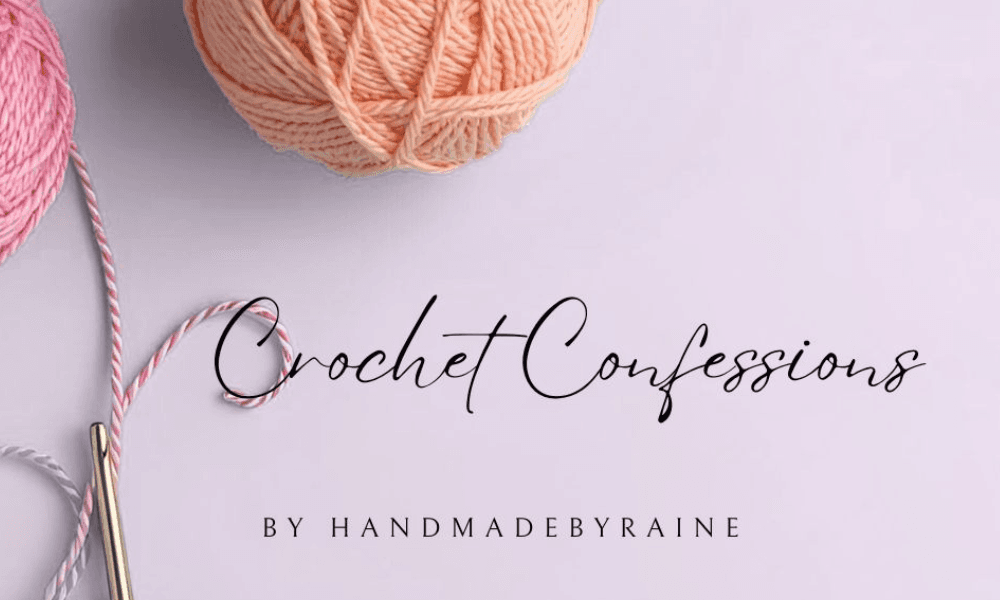Executive summary / Overview
This is a Canadian Shopify-based dropship lifestyle/e-commerce store focused on smoke accessories (bongs, dab rigs, pipes, hookahs, grinders, etc.). The business launched in mid-2024 and generated ~$96–$133K annual revenue with ~22% profit margin (seller figures vary across the listing/summary you shared). The store runs a dropship model (no inventory capital), has an email list (~8.6K), ~1,700+ orders and ~8.9K customers reported, and claims good fulfillment efficiency (≈96.5%). The public storefront lists a very large catalog (the site shows pagination across many pages, indicating 1,300+ SKUs available).
Key insights
Large SKU depth for a dropship model. The site’s catalog pages indicate a very broad assortment (many pages and large item counts), which supports a broad organic footprint but also risks product quality variance and longer listings maintenance.
Strong SEO foundation to scale organic traffic. Flippa reports ~2,000+ ranked keywords and the site’s extensive product pages (many category pages) align with that claim; a meaningful asset for low-CAC organic growth if content/technical SEO are maintained. (SEO assets are a primary upside.)
Healthy early unit economics, but short track record. The reported AOV (~$96) with 22% margin implies solid per-order contribution, and dropshipping keeps working capital low. However, the business is ~1 year old. Valuation multiples (2.0x profit, 0.4–0.8x revenue reported) are conservative because historical stability is limited. (User-supplied Flippa financials.)
Social proof exists, but mixed signals on external trust sites. On-site reviews show ~120+ reviews with ~79% positive; a Trustpilot/third-party page exists but has sparse reviews. Make sure you verify authenticity and returns/complaint history.
Low operational capital tied to inventory; fast to acquire and roll out experiments. Dropship model, Shopify + apps (Track123 / Headshop Drop references) make handover quicker but create vendor dependence.
Detailed Due Diligence
Website Performance & Metrics:
Website speed & UX
Public site is Shopify-based and visually oriented toward product search and categories (good for discovery). We cannot measure Core Web Vitals or load times from the listing alone. Be sure to request PageSpeed / GTmetrix or GA data.
Product variation & SKUs
Public catalog shows a very large product offering (pagination up to many pages; item counts indicate ~1,300+ SKUs across bongs, dab rigs, accessories). This breadth is an SEO and selection advantage but complicates quality control and ad creative
AOV & CLTV
Reported AOV: $96 (user data). With reported orders (1,728) and customers (8,926), there’s an immediate red flag: orders < customers. This suggests either a data labeling issue (customers may mean email subscribers) or inconsistent definitions. We need raw Shopify exports (customers, orders, refunds) to compute true CLTV and repeat rate. (User-supplied figures.)
Repeat customer rate
Not publicly available in a reliable form. The provided numbers imply a low repeat rate (which is typical for one-time accessory purchases). Request cohort analysis (30/90/365 day repurchase, RFM segmentation).
Website conversion rate
Not disclosed publicly. Request Shopify/GA read-only access to confirm sessions → orders conversion (benchmark for well-optimized stores in niche accessories: variable; many successful stores target 1–3% depending on traffic quality).
Design & presentation
Product-first, search/category heavy, functional UX for discovery. Product pages include images and reviews; however, given the large SKU count, inconsistent listing photography or descriptions could drag conversion. Sample the product pages for quality audit
Brand positioning & customer sentiment
Positioning: convenience + breadth + value for smoke-accessory shoppers in Canada (claims “Canada’s best online head shop”). Onsite reviews are largely positive, but third-party verification is sparse; verify return rates and complaint handling.
Marketing & efficiency / CAC & scalability
No public breakdown of marketing spend vs revenue. Given dropship and AOV, paid channels (TikTok/Instagram) could scale, but the niche faces ad policy constraints (Meta/TikTok often restricts promotion of drug paraphernalia). Verify historical paid performance and channel ROAS before committing to scale. Also, confirm email list health and SEO traffic sources.
Product offering & repositioning potential
Core: glass/percolator bongs, dab rigs, and mass-market accessories. Repositioning opportunities:
Curate premium “gallery” glass for higher AOV and margin.
Introduce fast-moving consumables (cleaners, rolling papers, screens) to increase repeat buys.
Private label small accessories (grinders, cleaning kits) to improve margins and reduce supplier dependency.
Finances
What We Have:
Annual revenue: $96K–$133K (conflicting numbers in listing/summary).
Profit margin reported: ~22% (profit $21K–$29K reported).
Multiples: Profit multiple ~2.0–3.4x (conflicting across messages), revenue multiple ~0.4–0.8x.
Critical Verifications Required
Bank & merchant statements, full P&L, and reconciliation of the different revenue figures (Flippa listing shows $96K, user summary later shows $132K). Get 12 months of Shopify payouts and the last 3–6 months’ P&L to confirm trends and seasonality.
Confirm refunds/chargebacks, any one-off revenues, and non-operational owner draws.
Seasonality & Cashflow
Dropship reduces inventory cash needs but exposes margins to shipping/supplier price shifts and returns. Ask for monthly breakdowns to model seasonality and working capital needs.
Marketing (Paid & Organic)
Current strengths
Large product catalog + many product pages (good for organic rankings). Flippa notes 2,000+ ranked keywords. This is a real asset to leverage for SEO content and affiliate/referral volume.
Risks specific to the niche
Ad restrictions: Paid advertising for paraphernalia is constrained on Meta/TikTok/Google, which can make paid scaling more expensive or limited (policy risk). Confirm how the seller has historically run paid ads and whether they used “compliant” creatives (e.g., lifestyle, non-product images) or relied predominantly on organic/SEO.
Opportunities
SEO content leveraging product guides (how-to, maintenance, legal buying guides), buyer’s guides, and category landing pages.
Email flows: cart recovery, post-purchase cross-sell, reactivation (convert the 6–8K list into repeat purchases).
Influencer/affiliate partnerships in niche communities, and marketplace expansion (if allowed in target geographies).
Requests to the seller
Ad account access/ROAS by campaign, organic traffic breakdown (search vs referral vs direct), email metrics (open/click rates, segmented revenue), and affiliate/partner contracts (if any).
Operational efficiency
Model & tooling
Dropship model using Shopify and third-party fulfillment apps (Track123/Headshop Drop references in public app reviews). Fulfillment rate claimed ~96.5%.
Operational risks
Vendor dependency and possible long shipping times/breakage risk for glass items. Dropship quality control is crucial. You need to verify vendor SLAs, packaging standards, and historic breakage/return rates.
Customer support: claims of live chat Mon–Sun; confirm staffing, response SLAs, and ticket backlog.
Recommendations
Request vendor list and proof of negotiated shipping/price terms. Audit fulfillment times and return/claim logs. Consider pilot with 2–3 vetted suppliers to reduce variability and test private-label SKUs.
Customer data & relationships
Publicly available signals
On-site reviews page shows ~126 reviews, ~79% positive. Site lists contact/support pages and policies.
Critical verifications
Export of customers (raw), orders, refunds, returns, chargebacks, repeat customer cohorts, email list source (opt-in origin), GDPR/CAN-SPAM compliance evidence. Confirm the “number of customers” vs “number of orders” discrepancy in the figures you provided.
Opportunities to deepen relationships
Loyalty/subscribe-and-save for consumables, curated bundles, and collector lines to drive repeat purchase behavior.
Legal & compliance due diligence
Key red flags & verifications needed
Product legality / age-restriction compliance: While most accessories are legal, jurisdictions differ (U.S. vs Canada vs EU), and platforms/regulators may restrict sales or require age verification. Confirm seller’s compliance approach, geofence/age-gating, and refund handling for restricted-market orders.
Payment & ad policy compliance: Many ad networks restrict paraphernalia. Request historical ad creatives and platform policy discussions.
Vendor contracts & IP: Verify supplier terms, who owns product photography, and that no counterfeit or trademark-infringing items are being sold.
Tax & business registration: Confirm legal entity, VAT/GST/HST handling for Canada and any U.S. sales, and that tax filings are up-to-date.
Consumer safety liabilities: Some glass products can lead to injury claims. Request insurance certificates, product liability coverage, and documented quality control/packaging standards.
Challenges Identified:
Data inconsistencies: Orders vs customers and conflicting revenue figures across the summary require reconciliation.
Niche ad policy risk: Paid acquisition may be constrained by platform rules for paraphernalia.
Supplier quality & shipping risk: Dropship of fragile glass products increases breakage/return risk and potential customer service load.
Low repeat behavior potential: Product type tends toward one-off purchases; CLV must be improved for sustainable scaling.
Young business/track record: ~1 year of operations means higher execution risk and conservative valuation multiples.
Recommendations
Immediate seller data requests (pre-offer, high priority):
Read-only Shopify and Google Analytics access for last 12–24 months (sessions, conversion, device split, channel revenue).
Shopify customers & orders export (CSV) with order dates, single vs repeat customers, refunds, and chargebacks.
Bank & merchant statements and P&L for the same period to validate revenue/profit.
Ads account access (Meta/Google/TikTok) OR ad spend + revenue by campaign.
Vendor list, supplier agreements, fulfillment SLAs, and evidence of claimed 96.5% fulfillment rate.
Copies of any insurance (product liability) and tax registration/filings.
Value-creation playbook (post-acquisition)
Fix data & baseline KPIs: Build a dashboard (CAC, LTV, repeat rate, GMV by channel).
Reduce supplier risk: QA audit suppliers, negotiate packaging/insurance for fragile goods, and pilot private-label SKUs for higher margin.
Increase CLV: launch consumable SKU range (cleaners, screens), bundle offers, and a VIP/loyalty program.
SEO & content: prioritize buyer guides, installation/maintenance content, and product videos to convert existing rankings into sales.
Careful paid experiments: If the seller has used paid ads before, start with small tests using compliant creatives and measure ROAS; otherwise focus on organic/affiliate until ad policy path is validated.
Valuation & Negotiation Guidance
Given the short operating history (~1 year), dropship supplier risk, and niche ad constraints, a conservative purchase structure is warranted. Consider an offer that mixes upfront + performance-based earnout tied to verified revenue or gross profit growth (e.g., a baseline multiple on trailing verified profit with an earnout for hitting specific revenue or margin milestones over 12 months).
Conclusion
This established e-commerce business is an attractive buy-to-grow dropship brand with real SEO assets, a large SKU catalog, and early profitability. The acquisition thesis is: leverage existing organic search footprint + improve repeat purchase behavior + stabilize suppliers to scale profitably. Key blockers are data reconciliation, supplier/fulfillment risk (glass items), and ad policy constraints that limit straightforward paid scaling. Obtain the seller’s analytics, financials, supplier contracts, and legal compliance docs before moving to an LOI. With clean verification and a focused post-acquisition playbook (private label, consumables, SEO + email monetization), the business has upside for a buyer comfortable operating in a regulated niche.














